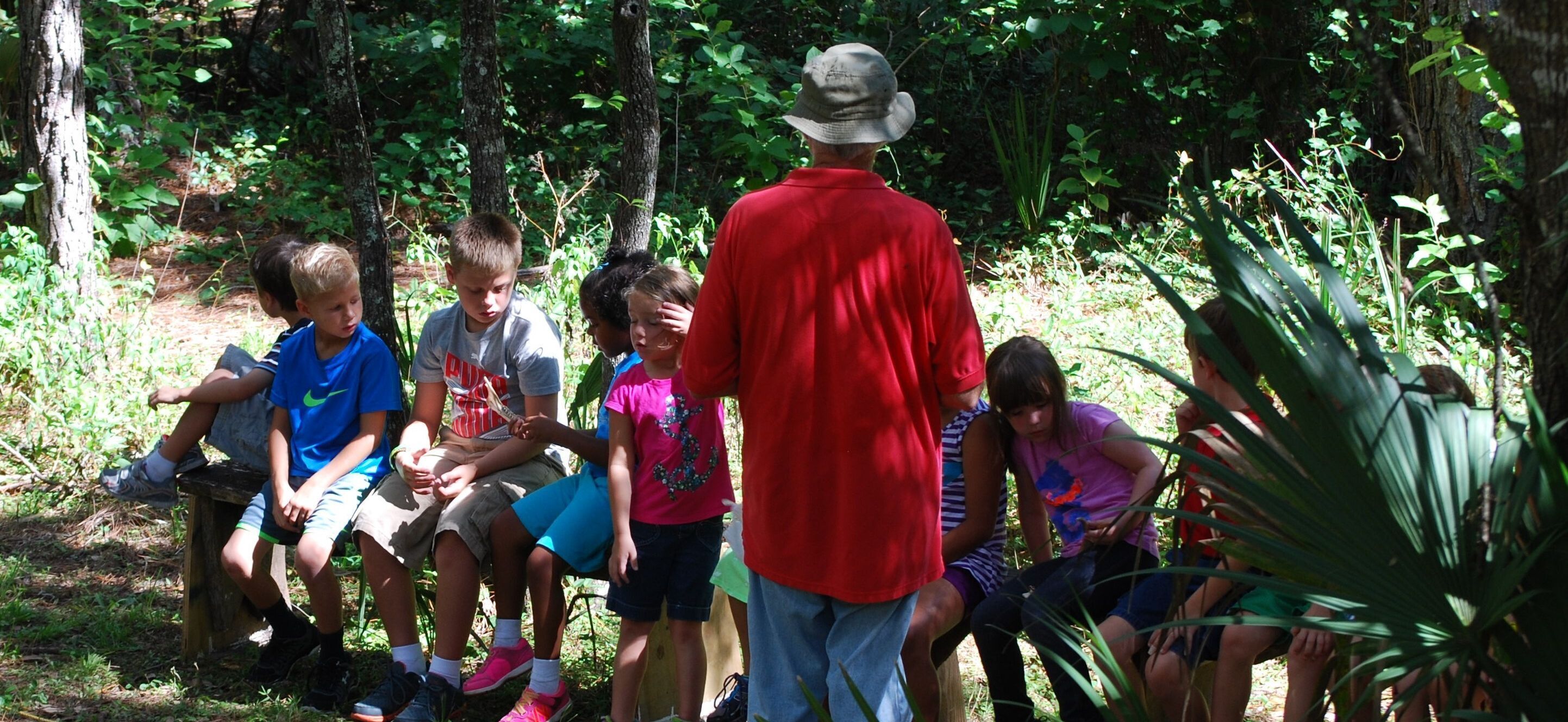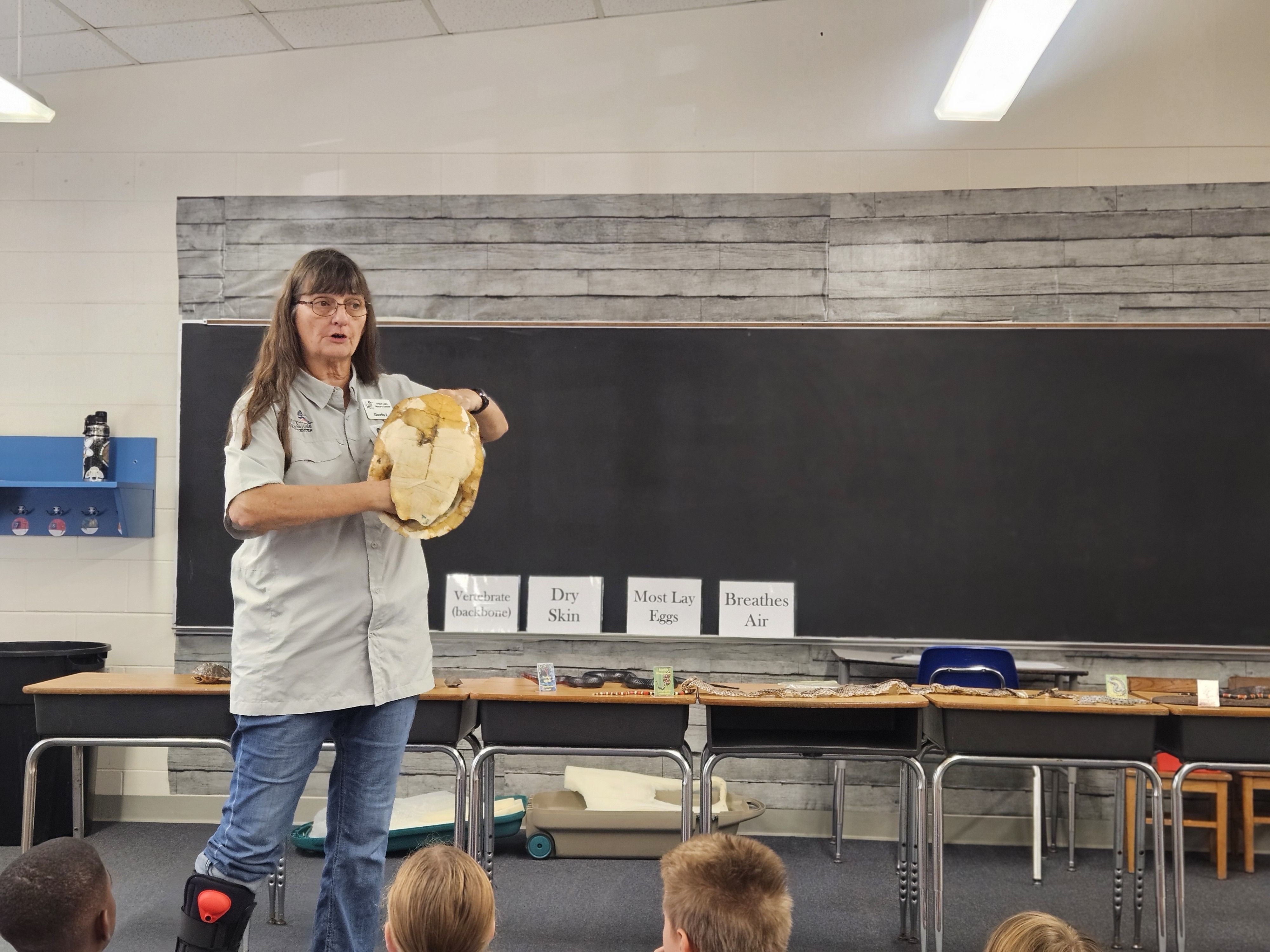Presentations and On-site Learning Experiences
Trout Lake Nature Center has an established history of providing educational experiences that are correlated to education standards and creating memories for generations of Lake County students. We offer both on and off-site programs for public and private schools, youth organizations, student clubs and homeschoolers. It’s well documented that young people do not have the same connection with the natural world as in the past. Technology can inform but there is no substitute for the real world. We offer programs that are not only aligned with grade-level state standards but also incorporate key science concepts in a memorable environment.
In-School Programs
Since many schools can’t come to the Trout Lake Nature Center, we have developed programs that can go into the classroom. Programs are designed to be conducted for grade levels on a class-by-class basis not as large group activities. These programs can also be done as an on-site presentation at TLNC.
Presentations are scheduled on a first-come, first-serve basis. Presentations are available for a cost of $350 for a full day of class-by-class presentations or $150 for up to 2 hours of in-county presentations. Grant funding is sometimes available to cover the costs of presentations.
Presentations out of county will need to call or email the office to discuss program and costs.
The following programs can be scheduled for your classroom or school:
- Interview a Manatee: Students acting as reporters interview a manatee puppet about the unique adaptations that manatees have to survive. They also learn about the resident Lake County manatees and how they can help to protect them.
- Soils: Students learn about different soils, how soils are made, and why they are important. This program uses bagged soil samples for student to complete an inquiry lesson.
- All About Bears Puppet Show: This program must be set up in one location since the puppet theater is not portable. “Bernie” tells students about Florida Black Bears, their habitats, characteristics and how to live with bears.
- EnviroScape or Groundwater Model: A three-dimensional model teaches students about watersheds, pollution and best management practices. cocoa, sprinkles, and drink mix are used to pollute the watershed and students “rain” on the watershed to learn about the impacts of pollution. Or, a model resembling a slice of the ground beneath our feet, teaches how groundwater moves and how Florida’s aquifer systems work. The model is “polluted” to show how pollution travels and the interactions between surface and groundwater systems. Choose one model to be used with your students.
- What is a Reptile?: Our education snakes and other artifacts are used to teach about what makes a reptile a reptile. Because of the use of live snakes no more than 4 class presentations can be conducted in one day and the presentations must be done in a single location.
- Potable or Not?: Teams of students examine pre-prepared water samples to try and determine if the water is drinkable or not. If the water is undrinkable, students will determine how the water can be cleaned.
Although we prefer to set up in one location and have students rotate through the presentations, we understand that in some schools we may need to travel from classroom to classroom. Then, we are provided a “lab” cart to place our materials so we can move from room to room.
For some presentations, we need to use the school’s computer and projector system. We bring our files on a USB drive for placement on the school systems.
To schedule a presentation at your school
Call 352-357-7536 or email tlnc.info@gmail.com to schedule a presentation.
Our Sponsors and Partners
-
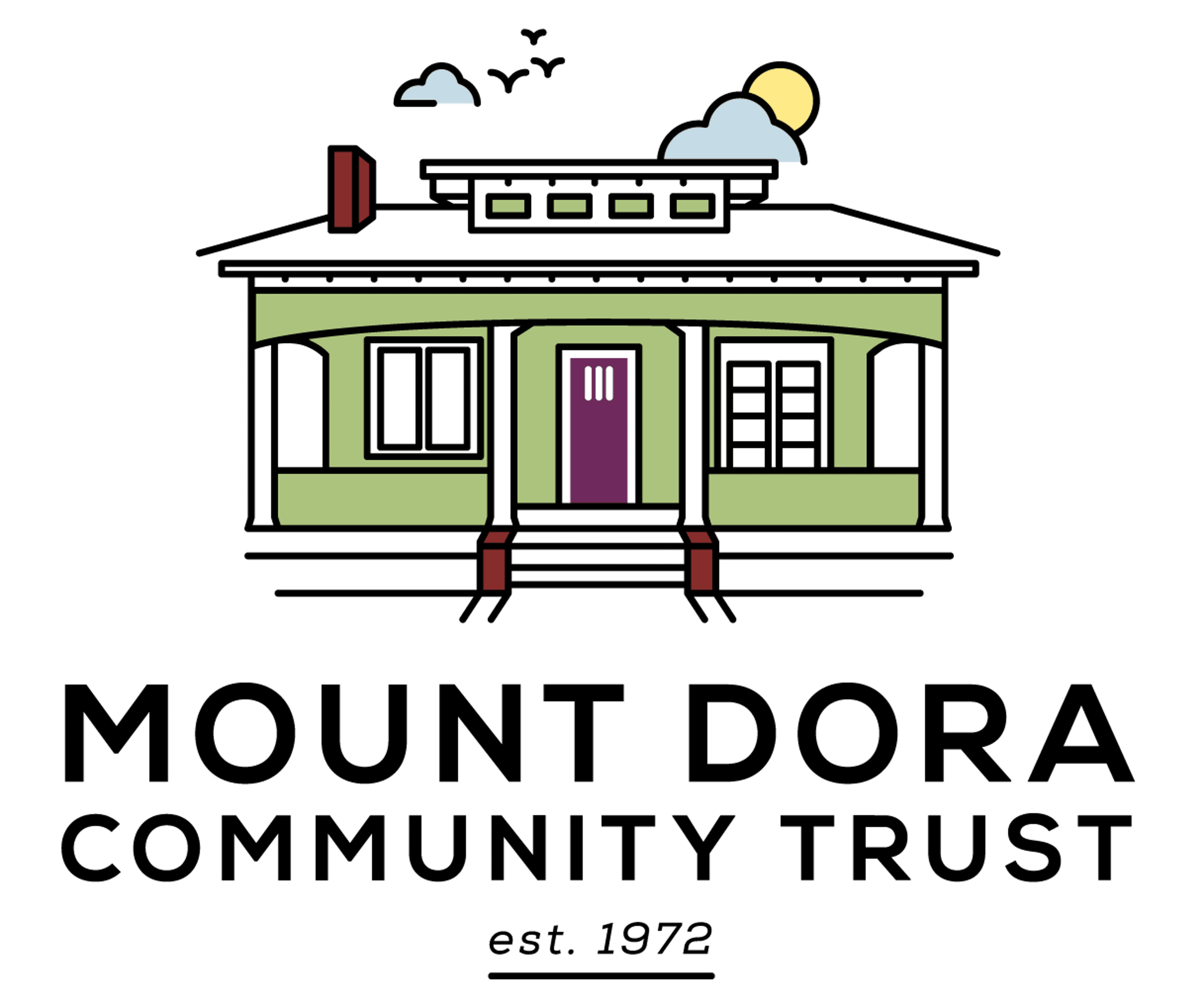
-
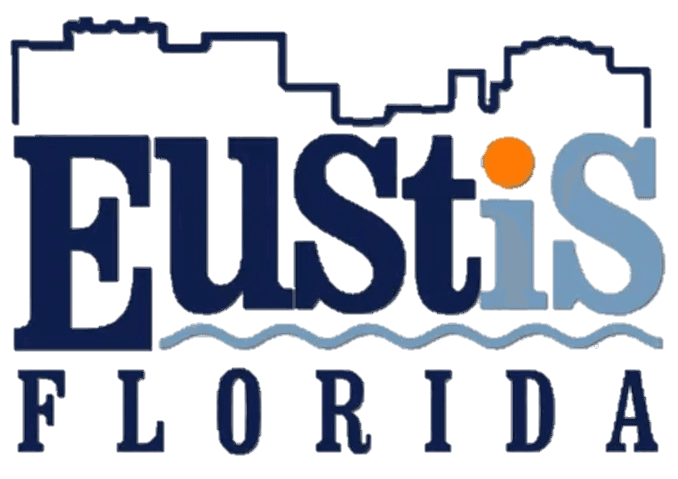 City of Eustis
City of Eustis -
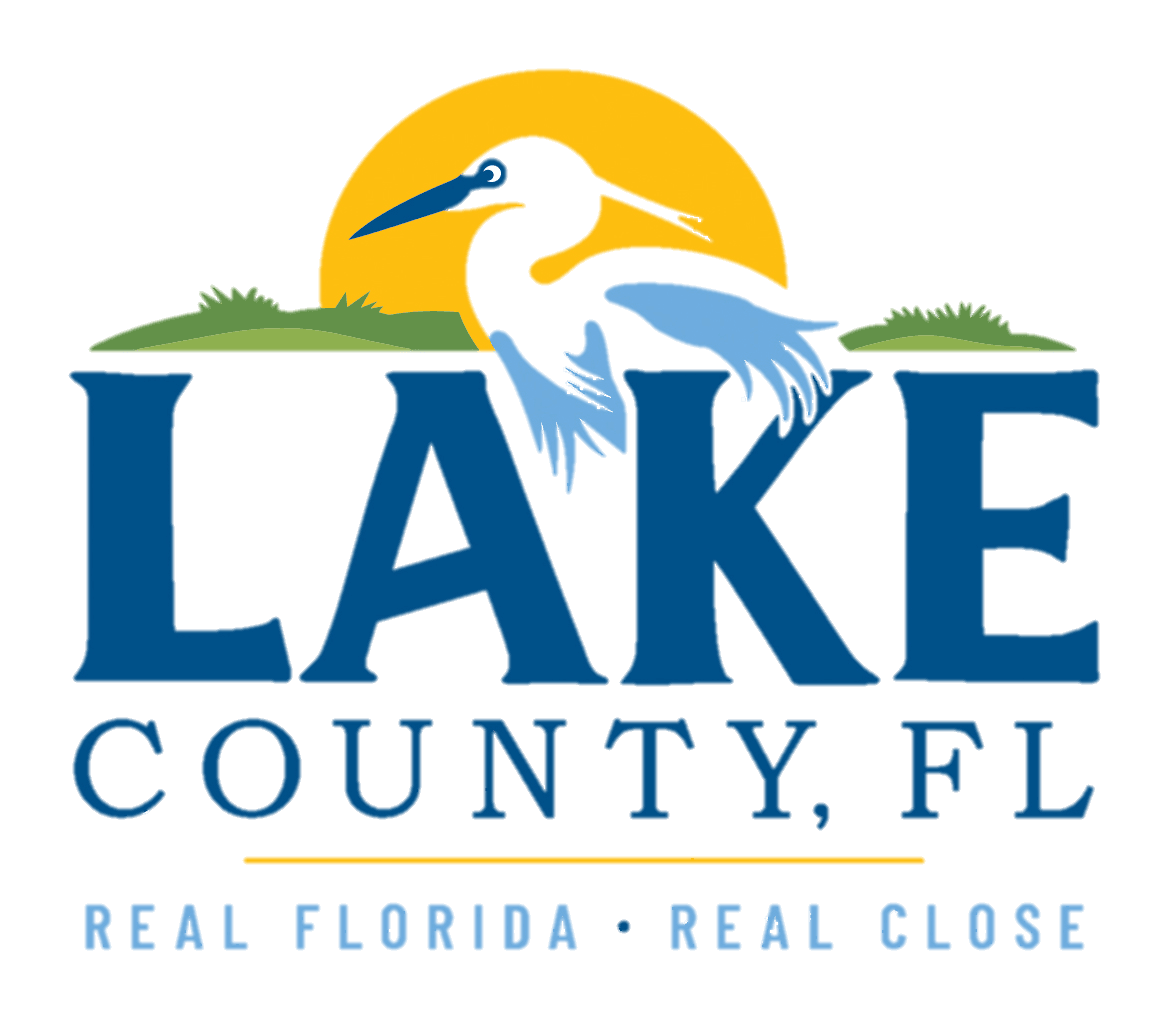
-
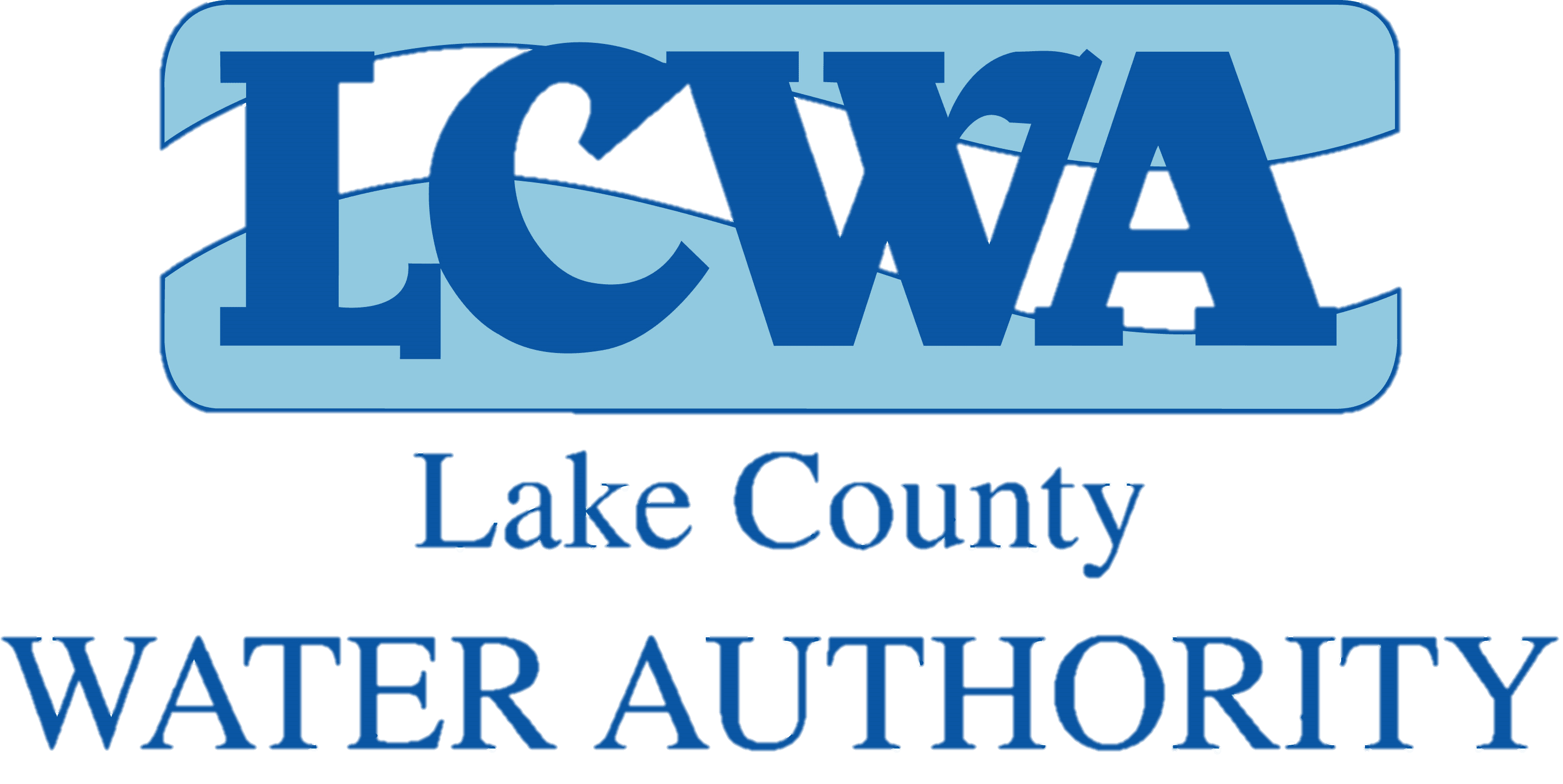 LCWA logo
LCWA logo -
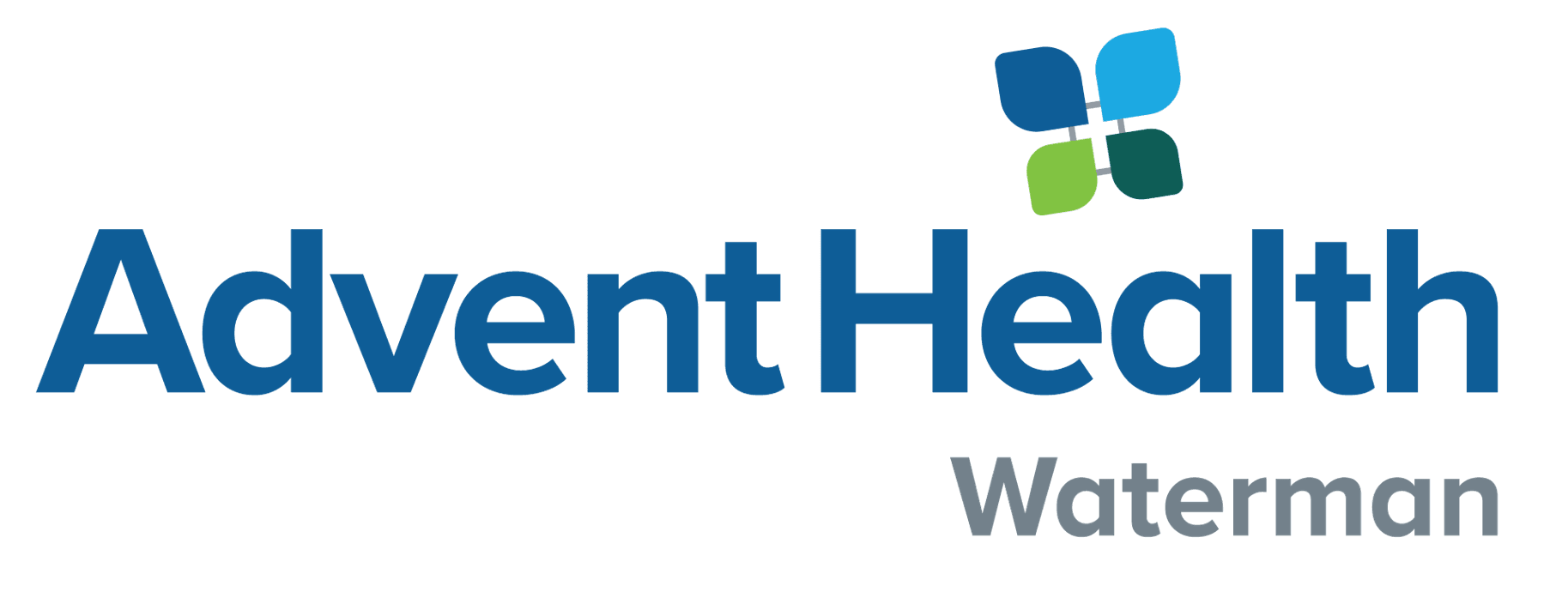 AdventHealth
AdventHealth -
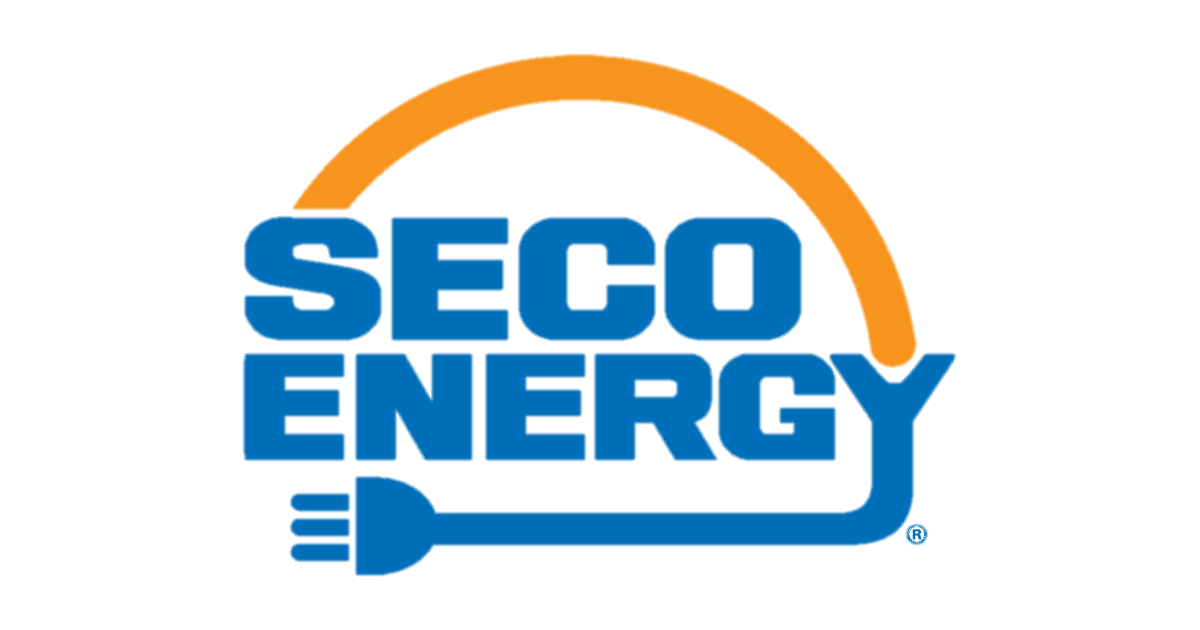
-
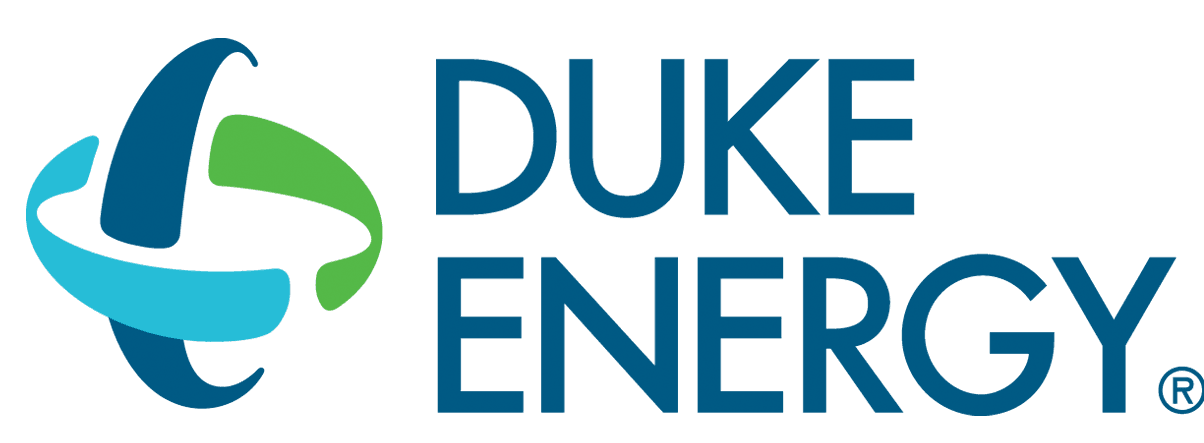
-
 USB Logo
USB Logo -
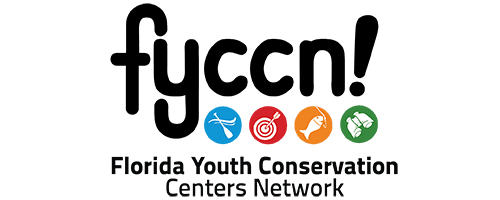 FYCCN
FYCCN
